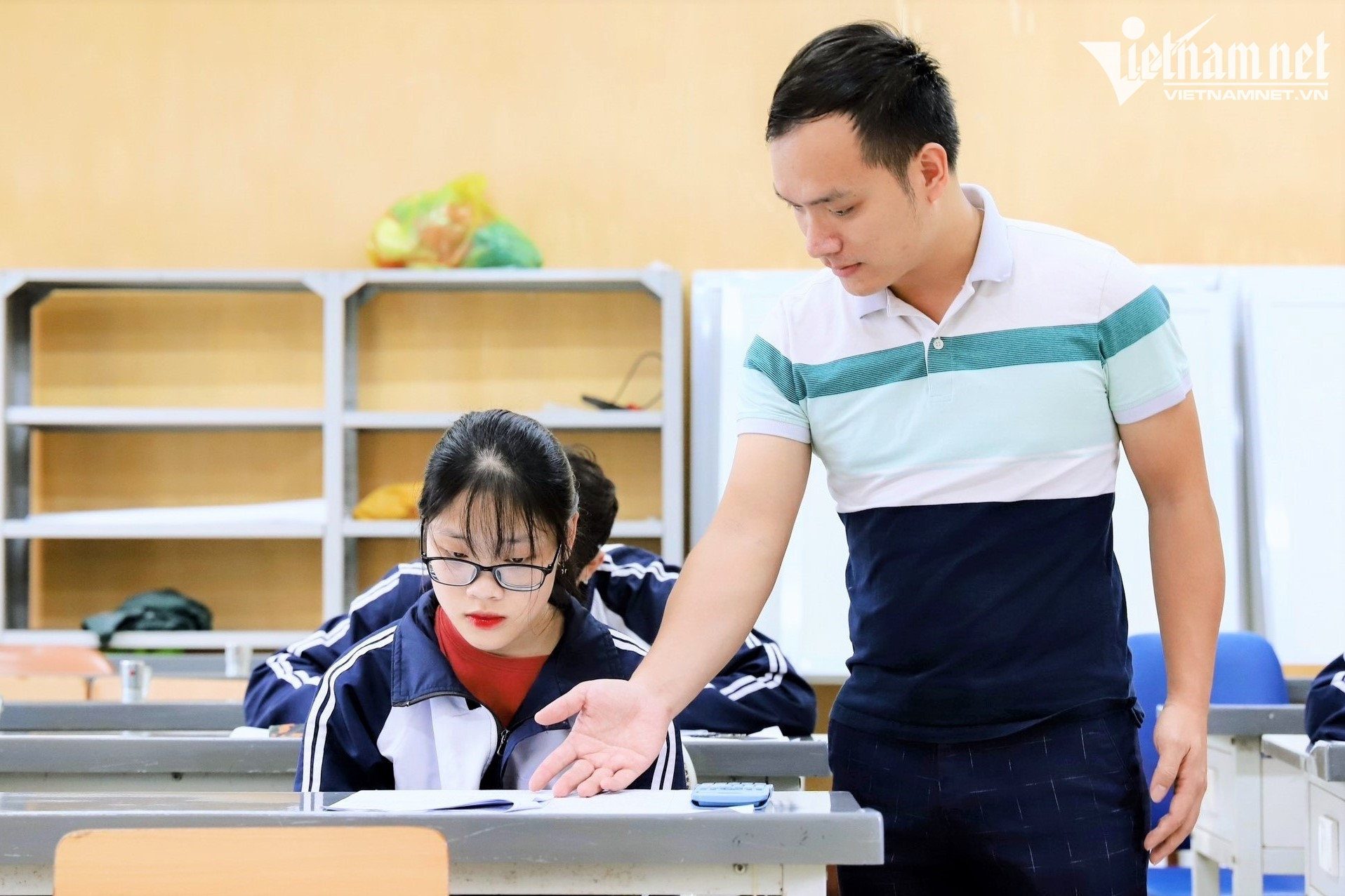He emphasized that Circular 29 on tutoring management, which took effect on February 14, alone cannot address all concerns.

Not banned, but strictly managed
Although tutoring is not banned, Circular 29 imposes tight restrictions. Schools may only offer free additional classes in three cases: for struggling students, gifted student programs, and final-year exam preparation, with voluntary registration.
Outside school premises, individuals and organizations must register as businesses and publicly disclose tuition fees, hours, and related details. Teachers are prohibited from charging students they already teach during regular classes.
Minister Son said despite over three decades of regulations, private tutoring continues to evolve with new, unauthorized forms. For instance, in April, a "penmanship" class at Thanh Da Cultural House in Ho Chi Minh City was shut down after public complaints revealed it was covertly teaching core academic subjects to 50 students.
In another case, a large tutoring center in Hanoi’s Dong Da District serving nearly 600 students with 29 teachers was closed due to lack of fire safety measures and insufficient transparency. In Ha Dong District, five teachers were disciplined for unauthorized tutoring - two of whom were teaching their own students, which is strictly forbidden.
The ministry’s vision: Schools without tutoring
According to Minister Son, the ministry aims to eliminate the need for extra classes by improving the quality of regular lessons, allowing students more time for practical, personalized activities to support holistic development.
He stated that banning teachers from tutoring their own students helps avoid conflicts of interest and maintains the profession’s integrity. Circular 29 has also encouraged more schools to improve in-class learning, ending paid tutoring within school settings and reducing academic and financial stress on students.
Teachers are increasingly aware of income tax responsibilities and see self-training as part of their professional growth. Some even support a full ban on tutoring to free up time for family and personal development.
Remaining challenges
Since 2020, when tutoring was removed from the list of conditional business activities, enforcement has become more difficult. Some violations are not covered under current administrative penalty codes. Local authorities often rely on other laws for disciplinary actions.
A small number of teachers and administrators still operate under outdated habits, or knowingly exploit tutoring for additional income. Some provinces have not yet issued local regulations, leading to inconsistent enforcement.
Systemic and modern solutions required
Minister Son emphasized that the solution requires more than just one regulation. Instead, it needs a coordinated system, long-term planning, and digital integration.
One key proposal is to reclassify tutoring as a conditional business service, which would ensure transparency, student safety, teacher rights, and proper tax collection. He also called on local governments to increase inspections, support schools with funding for extra academic support, and focus on students from disadvantaged backgrounds or in their final year of school.
Thuy Nga